By Trokon Wrepue
NABJ Black News & Views

MONROVIA, Liberia — Julia Kiamue was 25-years-old and living in north-central Liberia when rumors started around her about a civil war.
Kiamue told Black News & Views recently that she and her family members did not know what to do. Then, the rebels came.
“They killed my father right before my own eyes,” remembers Kiamue, now 60. “It was on the order of their commander, a huge dark-skinned man. The rebels starting shooting. By that time, my son, there was no pick and choose. They just killed anyone who was in their way.”
Kiamue’s experience is just one of many atrocities that took place in Liberia during two civil wars between 1989 and 2003. That time period was marked by mass killings, widespread torture and rape, and the recruitment of children as soldiers.
The brutal conflicts, sometimes referred to singularly as the 14 Years War, left about 250,000 people dead.
Now, the 40 members of Liberia’s House of Representatives have signed a resolution seeking the establishment of a war and economic crimes court for the West African nation.
The signing of the resolution follows years of calls by a majority of the country’s population for the establishment of the court to bring justice for the wrongdoers during the conflicts.
The resolution has now moved to the Liberian Senate for review. If it passes, it will move on to the office of President Joseph Nyuma Boakai to be signed into law.
The House resolution signed on March 5 calls on President Boakai to work with the United Nations, international partners, institutions, and civil society organizations for help establishing an Extraordinary Criminal Court in Liberia in a manner that allows the trial of international crimes “in accordance with international standards and best practices.”
According to the resolution, economic crimes precede war crimes, and there is a need for legislative action to also establish an economic crimes court “for the swift and speedy trial of corruption and economic crimes.”
The resolution comes about 15 years and many demonstrations later after an independent panel recommended such action take place.
Liberia assembled a Truth and Reconciliation Commission after the end of the civil wars. The final report, issued in parts in 2008 and 2009, recommended to the government implement its recommendations in full and in a timely manner.
“These recommendations are critical to Liberia’s recovery and progress beyond the conflict and will contribute to the building of a more just and equitable society,” the report reads.
The first volume of the TRC’s final report and a summary were released on December 19, 2008. On June 30, 2009 the TRC issued what it called the final and consolidated, but “unedited” report which was submitted to the National Assembly and made public.
Two presidencies that lasted for 18 years before and after the final report failed to implement recommendations.
But the 40 lawmakers who have signed on to the new resolution point out that the civil wars from 1989-1997 and from 1999-2003 resulted in death and destruction across Liberia. This included the displacement of nearly half the population and horrific abuses, including summary executions, massacres, rape and other forms of sexual violence, mutilation, torture and the force of children into combat.
“You can disagree all you want, justice for the Liberian people has already arrived,” House of Representatives Speaker Fonati Koffa said.
President Boakai commits to establishment of war crimes court
During the 2023 presidential campaign, then candidate Joseph Nyuma Boakai, now president of Liberia, vowed to push for the establishment of a war and economic crimes court.
At several gatherings in and near Monrovia, the capital, Boakai told groups of Liberians that under his watch as president, those responsible for the two civil conflicts from 1989 to 2003 would face justice.
Since Boakai won the presidential election in November and was inaugurated as president in January, the Liberian leader has held talks with Alan White, a war crimes court advocate, and Beth Van Schaack, U.S. ambassador-at-large for global criminal justice, about establishing a tribunal for war and economic crimes.

In a meeting with White in January, Boakai expressed his government’s willingness to establish the court and bring justice to the perpetrators and victims of the conflict.
“Let all the facts be known; that people who think they’re innocent prove their case and we can lay this to rest so that this country can move forward,” Front Page Africa quoted Boakai as saying.
“It’s not a witch-hunt, it’s a matter of testifying to what you know and what you’ve done so that forgiveness can be done on the basis of merit and truth,” Front Page Africa reported Boakai said.
Since the inception of the Boakai administration in January, the United States government has sent top diplomats to Liberia to talk with the new government on numerous issues, including justice and accountability.
In January, Linda Thomas-Greenfield, U.S. ambassador to the United Nations and one of only a handful of Black American women to reach the highest levels of diplomacy, visited Liberia. While there, she met with top officials, including President Boakai, to discuss ending the culture of impunity in the country.
Liberia has an unusual tie to the United States. In 1816, a group of white Americans founded a society to deal with the “problem” of a growing number of free Black people in the country, according to the State Department. The American Colonization Society arranged for free Black people to resettle in Africa, making Liberia the second Black republic in the world after Haiti.
At the beginning of March 2024, Van Schaack visited Liberia and talked with officials about government and accountability issues. She met with Boakai, Koffa and other top officials.
When she appeared on the local radio show, OKFM, in Monrovia, Van Schaack said the U.S. government stands ready to support war crimes accountability in Liberia.
“Honestly, the United States is very supportive of seeing accountability here in Liberia,” she said. “We are very convinced that the impunity from the wartime era and from those atrocities has a direct connection to the impunity that you see now.”
One of the institutions that has championed accountability for war and economic crimes in Liberia is the Center for Transparency and Accountability in Liberia, or CENTAL, which is the Liberian chapter of Transparency International, the global coalition against corruption based in Berlin, Germany.
CENTAL Executive Director Anderson Miamey told Black News & Views that the resolution by the Liberian lawmakers was good move toward justice.
“It is a welcoming and positive decision and that crimes committed in the past and now should be investigated and prosecuted and that those found culpable be made to account.” Miamey said.
Victim’s account
As for people on the ground like Kiamue, she had just celebrated that 25th birthday two months before the start of the war.
“We often heard about rumors that a conflict was about to break up in Liberia but for me I had no idea of what a civil war would be like,” she told Black News & Views.
“Ma Kiamue,” as she is affectionately called in her current community in suburban Monrovia, was 39-years-old in 2003 when the war officially ended.
Even though Julia is now 60, she still vividly remembers what unfolded in her native Bong County.
“I can still remember, it was one bright morning in December when our country’s big radio station (state radio ELBC) [reported] that war has come to our country,” she said. “We were all confused and did not know exactly where to run. There were different groups in the north, south, east and west.”
“One of the rebel groups — I cannot remember the name — attacked Gbranga,” she said of the Bong County seat.
Then, she said, they killed her father. A war crimes court will help the Liberian people feel some sort of resolution, she said.
“Our father died right before our eyes for no reason,” she said. “During those 14 years, 17 members of my family including women and children died. Some bullet wounds, others hunger and sicknesses of different sorts. We want the court — that is why we voted for Joseph Boakai. He promised to bring the court and we trust him.”



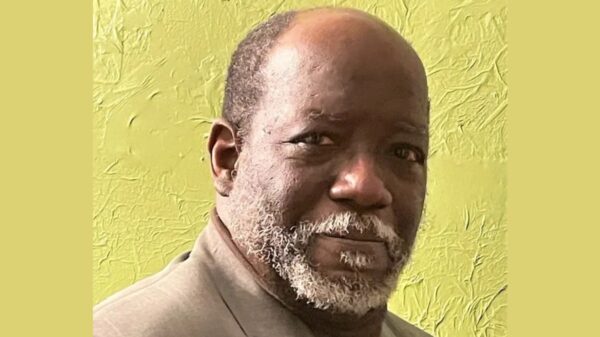

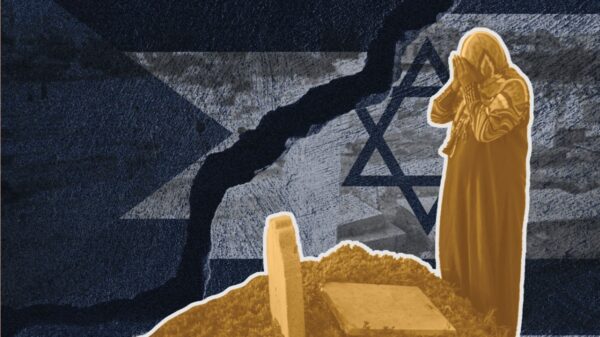
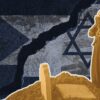
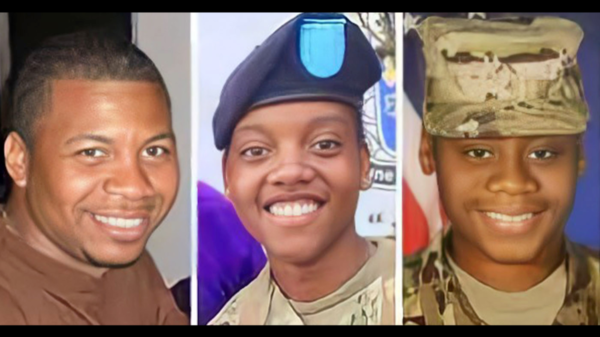
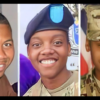
You must be logged in to post a comment Login